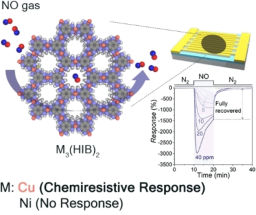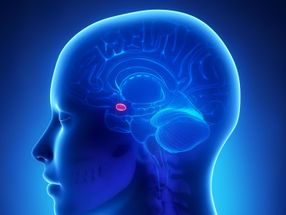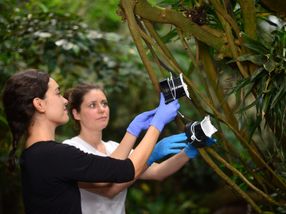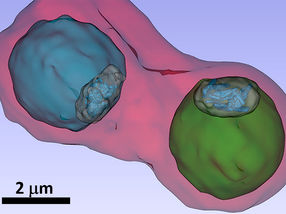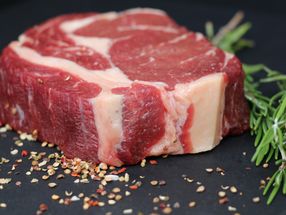Carving at the nanoscale
Researchers have successfully demonstrated a new method for producing a wide variety of complex hollow nanoparticles
A common theme in nanoscience research is the recycling of "old" processes and protocols that were once applied crudely on bulk materials in trades and industrial settings, but which can now be applied to nano-sized structures with high precision and resolution using newly available instruments and know-how.
After several years of research, scientists of the Catalan Institute of Nanotechnology (ICN), Dr. Edgar Emir González (currently at Instituto Geofísico Universidad Javeriana y Universidad Santo Tomás) and ICREA Prof. Victor Puntes of in collaboration with ICREA Prof. Jordi Arbiol of the Institute of Materials Science of Barcelona (ICMAB-CSIC), have refined methods based on traditional corrosion techniques (the Kirkendall effect and galvanic, pitting, etching and de-alloying corrosion processes). They show that these methods, which are far more aggressive at the nanoscale than in bulk materials due to the higher surface area of nanostructures, provide interesting pathways for the production of new and exotic materials.
By making simple changes in the chemical environment it is possible to tightly control the reaction and diffusion processes at room temperatures, allowing for high yields and high consistency in form and structure. This should make the processes particularly attractive for commercial applications as they are easily adapted to industrial scales.
A wide range of structures can be formed, including open boxes, bimetallic and trimetallic double-walled open boxes with pores, multiwalled/multichamber boxes, double-walled, porous and multichamber nanotubes, nanoframes, noble metal fullerenes, and others.
Asides from their intrinsic beauty, such nanostructures present new options for drug delivery, catalysis, remediation of contaminants and even structural components for nanoscale robots.
Original publication
Most read news
Other news from the department science

Get the chemical industry in your inbox
By submitting this form you agree that LUMITOS AG will send you the newsletter(s) selected above by email. Your data will not be passed on to third parties. Your data will be stored and processed in accordance with our data protection regulations. LUMITOS may contact you by email for the purpose of advertising or market and opinion surveys. You can revoke your consent at any time without giving reasons to LUMITOS AG, Ernst-Augustin-Str. 2, 12489 Berlin, Germany or by e-mail at revoke@lumitos.com with effect for the future. In addition, each email contains a link to unsubscribe from the corresponding newsletter.












![[Fe]-hydrogenase catalysis visualized using para-hydrogen-enhanced nuclear magnetic resonance spectroscopy](https://img.chemie.de/Portal/News/675fd46b9b54f_sBuG8s4sS.png?tr=w-712,h-534,cm-extract,x-0,y-16:n-xl)
